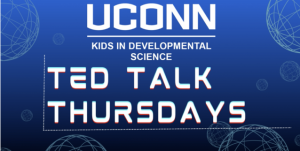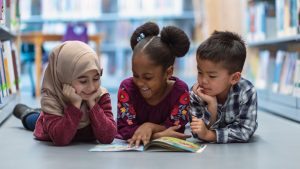
Children’s language development is essential for children, as it helps them develop communication skills and the ability to understand the world around them. It is also a communication tool that is important in shaping a child’s character. Good language skills allow children to build healthy interpersonal relationships, understand differences, and adapt to their environments.
Implementing character education through language development is essential in primary education. Character education includes activities that combine the development of children’s language with character learning, such as reading stories, singing, and group games. It plays a key role in shaping elementary school children’s development, helping them build the skills needed to navigate various obstacles that will come up in their lives. Additionally, it fosters self-reliance and encourages them to contribute positively to society. However, integrating character education in primary schools faces several obstacles, including teachers’ limited understanding and expertise, heavy curriculum demands, and time constraints. This article goes into detail about the potential solutions in order to overcome these challenges.
It was found that the implementation of character education through language development can be accomplished by combining language development activities with character learning activities such as storytelling, singing, and group games that involve all students. In addition, the results showed that through language development, children can learn communication and social skills that help them build good character. This means that language development can be an effective medium for implementing character education in primary schools.
To read more, click here!
Alexandra Lagaros, UConn KIDS Research Assistant











